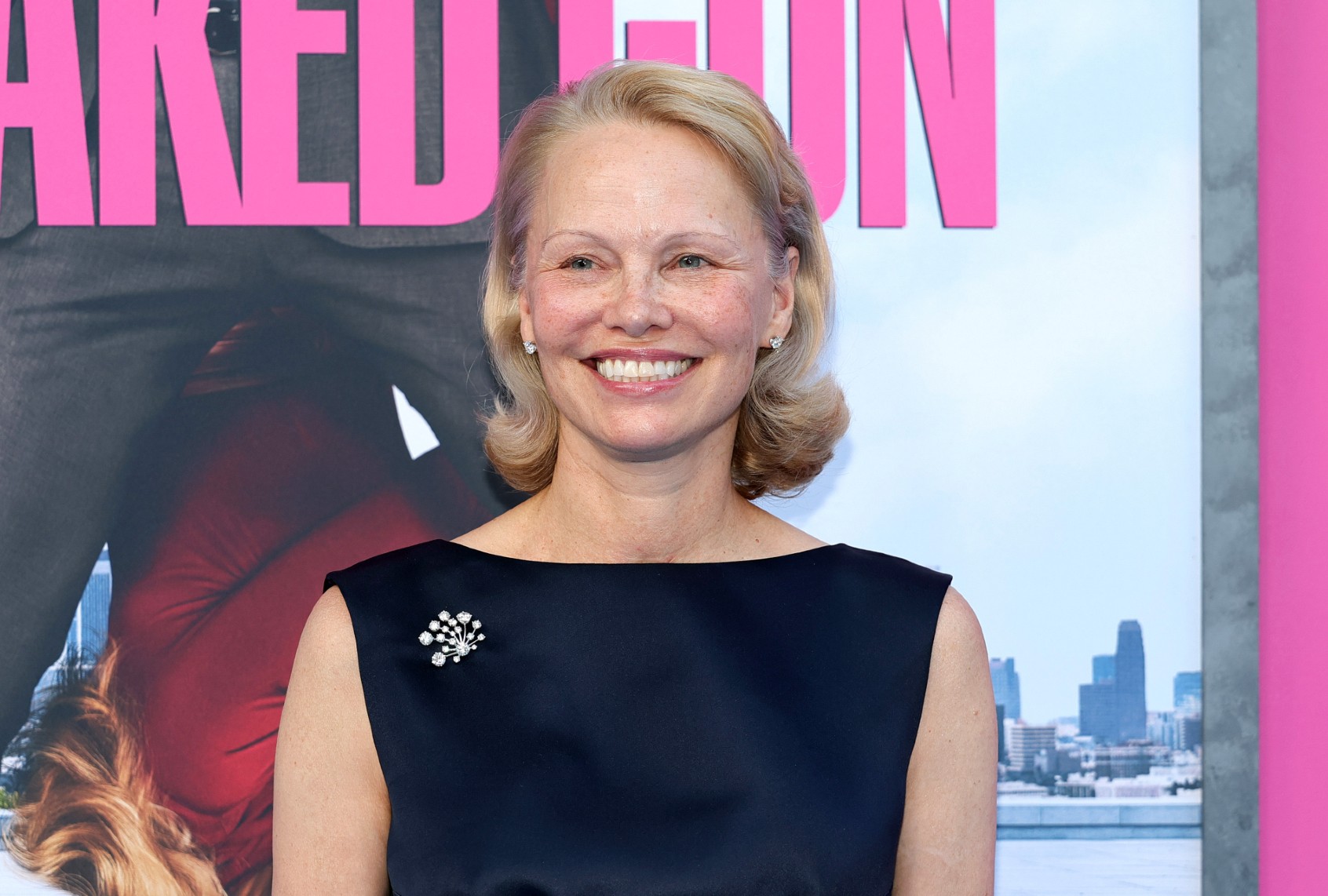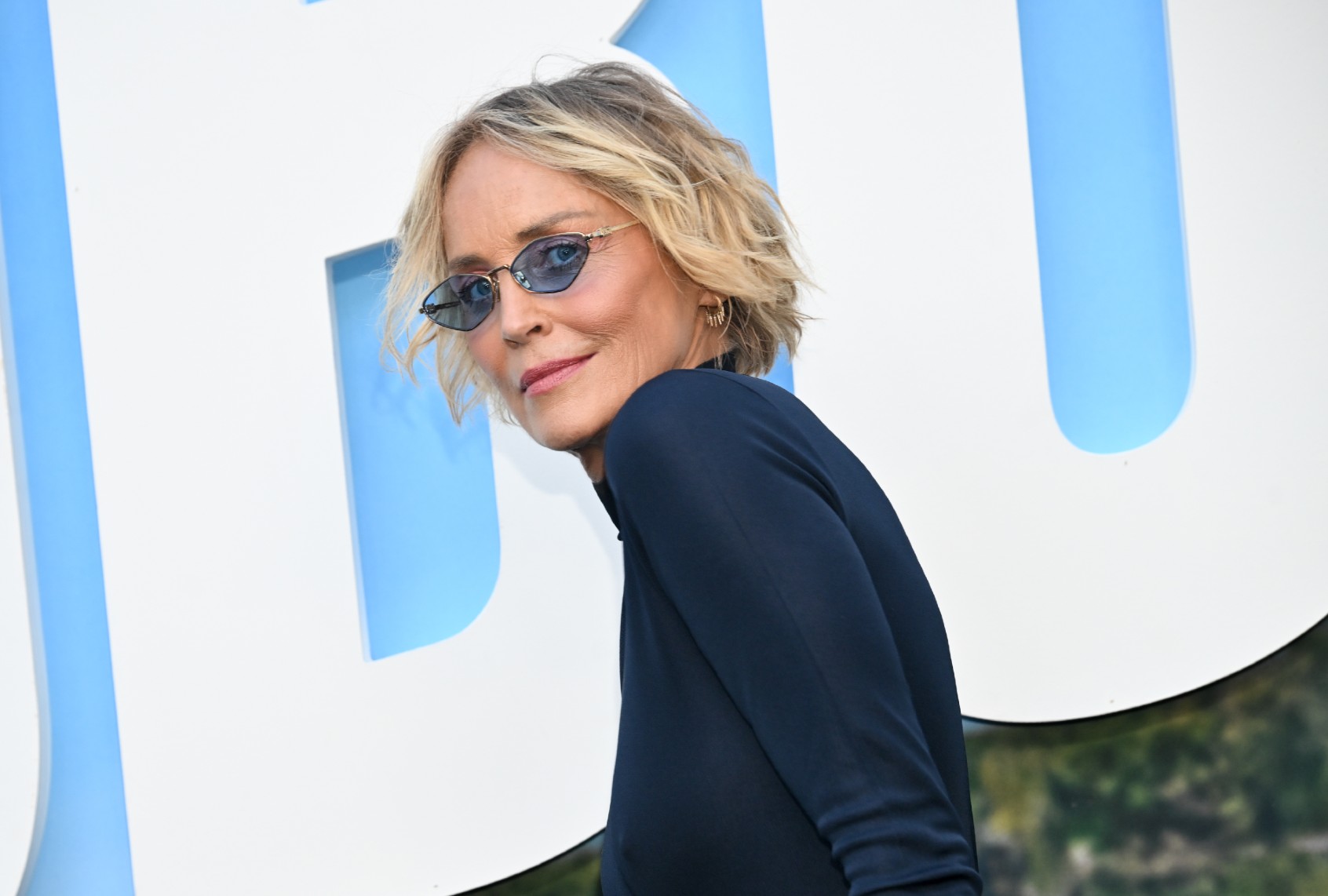Last January, when Demi Moore took the stage to claim her Golden Globe for Best Actress in a Motion Picture for “The Substance,” I cracked my mental knuckles in anticipation of an acceptance speech that went at least as hard as Moore herself did in her role as a faded fitness superstar descending into a queasy hell of self-abnegation. Two years previous, Jennifer Coolidge accepted her own Golden Globe for Best Actress In a Limited Series with an oblique reference to the diminished opportunities afforded to aging actresses; it seemed possible that the 62-year-old Moore might take the chance to bookend her startlingly feral performance with some more directly pointed thoughts on art imitating life.
Instead, Moore delivered a blandly serene pep talk about the importance of accepting yourself as you are: “I’ll just leave you with one thing that I think this movie is imparting: In those moments when we don’t think we’re smart enough or pretty enough, or skinny enough or successful enough, or basically just not enough. I had a woman say to me, ‘Just know, you will never be enough. But you can know the value of your worth if you just put down the measuring stick.’” Cue the thunderous applause and several days’ worth of headlines lauding the bravery of this speech. Somewhere, I thought, the woman who had delivered that wisdom to Moore was sighing heavily.

(John Nacion/GG2025/Penske Media via Getty Images) Demi Moore during the 82nd Annual Golden Globes held at The Beverly Hilton on January 05, 2025 in Beverly Hills, California.
I want to be clear that this is not a knock against Moore herself. But it’s hard to believe that someone with her contentious Hollywood history could make a movie that takes on the cultural taboo of female aging with such brutally visceral force, only to arrive at the conclusion that the critical issue is individual women’s lack of self-confidence — rather than, say, a system that views all women as interchangeable. Did no one else see that the measuring stick was right there in the room, lurking in the lighting rigs like a neon ghost?
The paradox of Hollywood aging is that those who are held up as its exemplars are often the least inclined to fully walk the walk.
But though Moore’s acceptance speech didn’t make much sense in its own context, it resonated as a metanarrative in which a critical mass of fictional women in midlife grapple with the pressures of aging in ways that are thoughtful and nuanced enough to suggest that actual systemic change is afoot. The pop-culture landscape seems to be teeming with women 50 and up; the primacy of streaming platforms and dwindling reliance on once-crucial metrics like advertising sales and Nielsen ratings are among the shifts that have put mature women onscreen in unprecedented numbers. They’re all over historical dramas (“The Gilded Age,” “The Six Triple Eight”) and action epics (“The Woman King,” “Everything Everywhere All At Once”). They form comedy pairings (“Grace and Frankie,” “Hacks”) and “comedy” ensembles (“And Just Like That”) and anchor mysteries (“Matlock,” “Happy Valley”), capers (“Thelma,” “The Green Glove Gang”) and maybe-metaphysical thrillers (“Yellowjackets,” “True Detective: Night Country”). And the romances they lead range from fluffy (“The Idea of You”) to sweaty (“Babygirl”) to transactional (“Good Luck To You, Leo Grande”).
And this older-lady omnipresence makes room for creators, actors and viewers to sustain conversations about women who are centered in big and small-screen stories that they were likely to be turfed out of in previous eras. It’s no longer the Hollywood in which, to paraphrase producer Julia Phillips’s 1991 memoir “You’ll Never Eat Lunch in This Town Again,” it “was easier to imagine dying than to reckon with getting old.” But the paradox of Hollywood aging is that those who are held up as its exemplars are often the least inclined to fully walk the walk. I want to believe, for instance, that Demi Moore has truly put down the measuring stick, but it’s difficult when she seems loath to draw what are likely the clearest parallels between the pressures in her own career and those of her character, Elisabeth Sparkle. I am one hundred percent here for Gillian Anderson reinventing herself as the new Nancy Friday with an anthology about the sexual fantasies of middle-aged women, and yet acutely aware that middle-aged women who pursue sex without the benefit of looking like Gillian Anderson are often considered desperate and pathetic.

(Dia Dipasupil/Getty Images) Pamela Anderson attends “The Naked Gun” New York premiere on July 28, 2025 in New York City.
None of this is new: The pressure to age gracefully — to persist in living but show no signs that time has passed — has always fallen on women across races, classes, professions and eras, and we look to the women for whom beauty and youth are job requirements to set the standards. But as anti-aging technology constantly iterates increasingly effective, minimally invasive and broadly accessible interventions, there’s a growing sense that the rest of us really have no excuse not to take advantage of them. But amid this bustling marketplace of potential nips and tucks, the new normal can quickly feel like an uncanny valley. Seeing diversity of aging women onscreen is exciting; seeing “aging” that takes the form of glaringly unnatural youth is alienating.
Start your day with essential news from Salon.
Sign up for our free morning newsletter, Crash Course.
There’s a disconnect in, for instance, the reclamation of Pamela Anderson as a model of brave and graceful aging. The woman who for so long personified an objectifying male gaze now appeals primarily to women, beaming freckled and bare-faced from the covers of a cookbook, a memoir, and numerous magazines. Her recent return to the screen as “The Last Showgirl“‘s eponymous, rhinestone-studded Las Vegas relic gave her, much like Moore, the chance to revisit her past and take control of it. Eschewing her once-trademark artifice turns Anderson’s presence on any given red carpet into an event that’s also a bit of a warning: This bare-faced glory is Pam’s redemption; try it if you must, but don’t expect the same response.
None of this is new: The pressure to age gracefully — to persist in living but show no signs that time has passed — has always fallen on women
A similar disconnect exists in the comeback arc of Sharon Stone, whose casually self-confident, chic and memorably icy performances in 1990s blockbusters like “Total Recall” and “Basic Instinct” were ultimately overshadowed by the tawdry moment in which a sleazy director breached her trust. Stone suffered a stroke in 2001 that doctors initially accused her of faking; during a decade-long recovery, she was physically sidelined, financially betrayed, and nearly frozen out of the industry. Like Anderson, Stone’s return to the screen as the gleefully unhinged villain of “Nobody 2” plays on her past; also like Anderson, the media outlets chronicling her second act are leaning into a narrative of uncommonly natural beauty.
A recent Washington Post feature finds Stone recounting the offer from a plastic surgeon to address an old, still-painful scar under her chin at a deep discount. “But then,” writes Geoff Edgers, “only days before the scheduled procedure in late July, she said, the terms of the deal changed: The doctor wanted her to tell everyone she had a facelift . . . She still would love to find somebody to help with the migraines and jaw pain. But her face? She was older. There are some wrinkles. Sharon Stone was fine staying just the way she was.” The implication is that Stone, now 67 but looking decades younger, comes by her flawlessness with no outside help.
It’s not clear who benefits from that fiction, or who is served by treating a choice to go makeup-free like it’s Purple Heart–level bravery. Cultural conversations about gender and age, like aging itself, are never going to be graceful. But investing in them seems a lot more useful than spending time and money fighting a fruitless battle against gravity.
Read more
about aging


